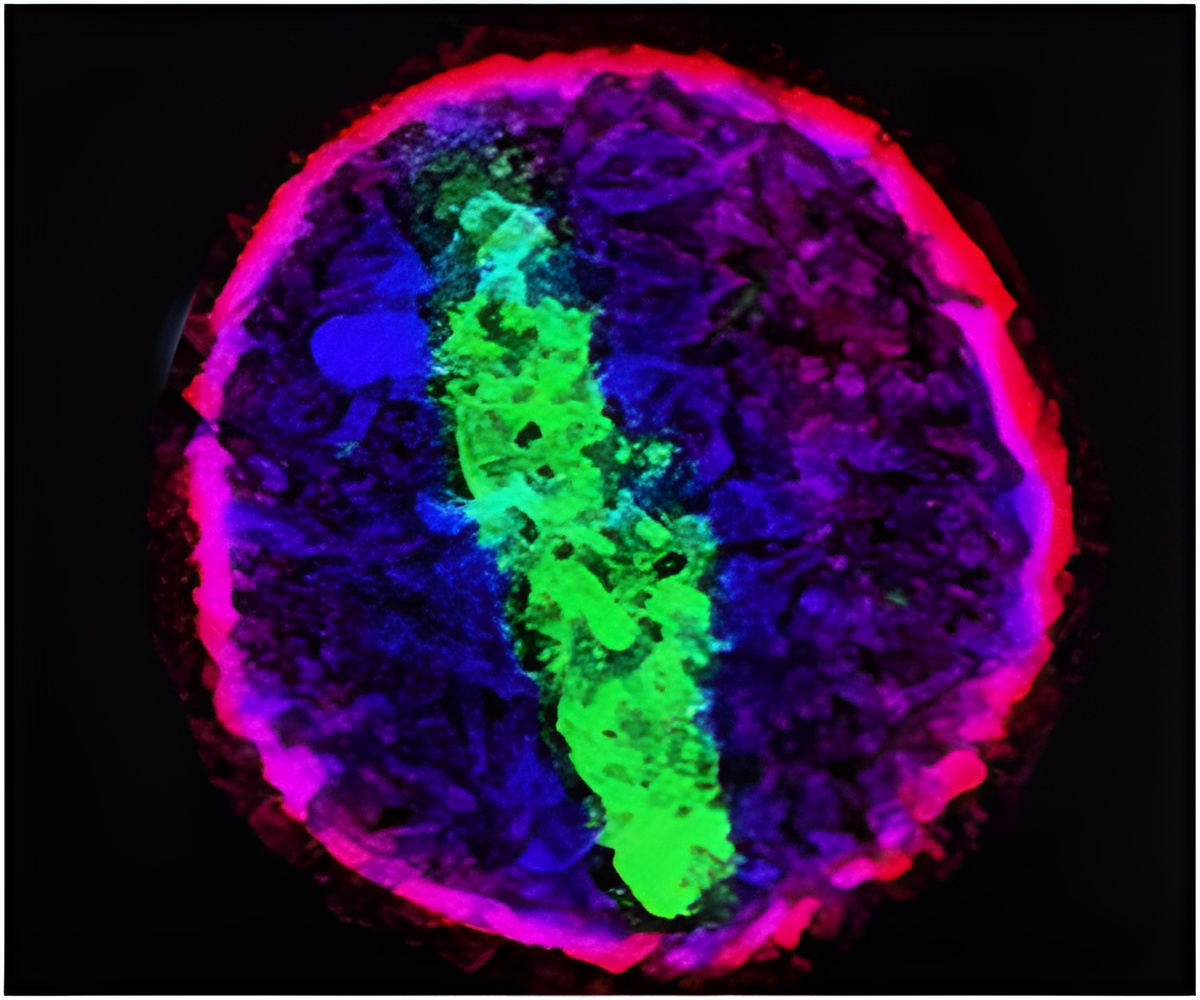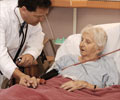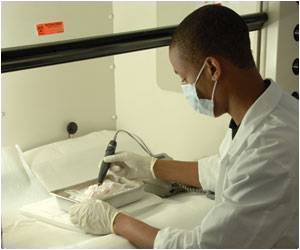New and rapid assay test helps detect Parkinson's disease and dementia with Lewy bodies.
Novel test for diagnosis of prion diseases offers the possibility of improving early diagnosis of Parkinson's disease and dementia with Lewy bodies. The group, led by NIH's National Institute of Allergy and Infectious Diseases (NIAID), tested 60 cerebral spinal fluid samples, including 12 from people with Parkinson's disease, 17 from people with dementia with Lewy bodies, and 31 controls, including 16 of whom had Alzheimer's disease. The test correctly excluded all the 31 controls and diagnosed both Parkinson's disease and dementia with Lewy bodies with 93 percent accuracy.
Importantly, test results were available within two days, compared to related assays that require up to 13 days. The group conducted the tests using Real-Time Quaking-Induced Conversion (RT-QuIC), an assay developed and refined over the past decade at NIAID's Rocky Mountain Laboratories. Scientists from the University of California San Diego, University of Verona in Italy, Indiana University School of Medicine, Indianapolis, and the Case Western Reserve University School of Medicine, Cleveland, collaborated on the project. The research findings were published in Acta Neuropathologica Communications.
TOP INSIGHT
RT-QuIC diagnostic assay helps detect Parkinson's disease and dementia with Lewy bodies.
Multiple neurological disorders, including Parkinson's disease and dementia with Lewy bodies, involve the abnormal clumping of a protein called alpha-synuclein into brain deposits called Lewy bodies. The pathological processes in these diseases resemble prion diseases in mammal brains. Like prion diseases, Parkinson's disease and dementia with Lewy bodies result in progressive deterioration of brain functions and, ultimately, death. Parkinson's disease is about 1,000 times more common than prion diseases, affecting up to 1 million people in the United States, with 60,000 new cases diagnosed each year. Lewy body dementia affects an estimated 1.4 million people in the United States, according to the Lewy Body Dementia Association.
Early and accurate diagnoses of these brain disorders are essential for developing treatments and identifying patients eligible for clinical trials. The diseases typically progress for years before symptoms appear, and once they do, distinguishing one disease from another can be difficult.
The NIAID group continues to adapt the RT-QuIC assay to detect additional types of neurological diseases with greater accuracy using the least invasive patient sample possible--whether that is blood, skin, nasal brushings, or other samples. The group also has trained many international colleagues to use and advance the test.
Source-Eurekalert

 MEDINDIA
MEDINDIA




 Email
Email










